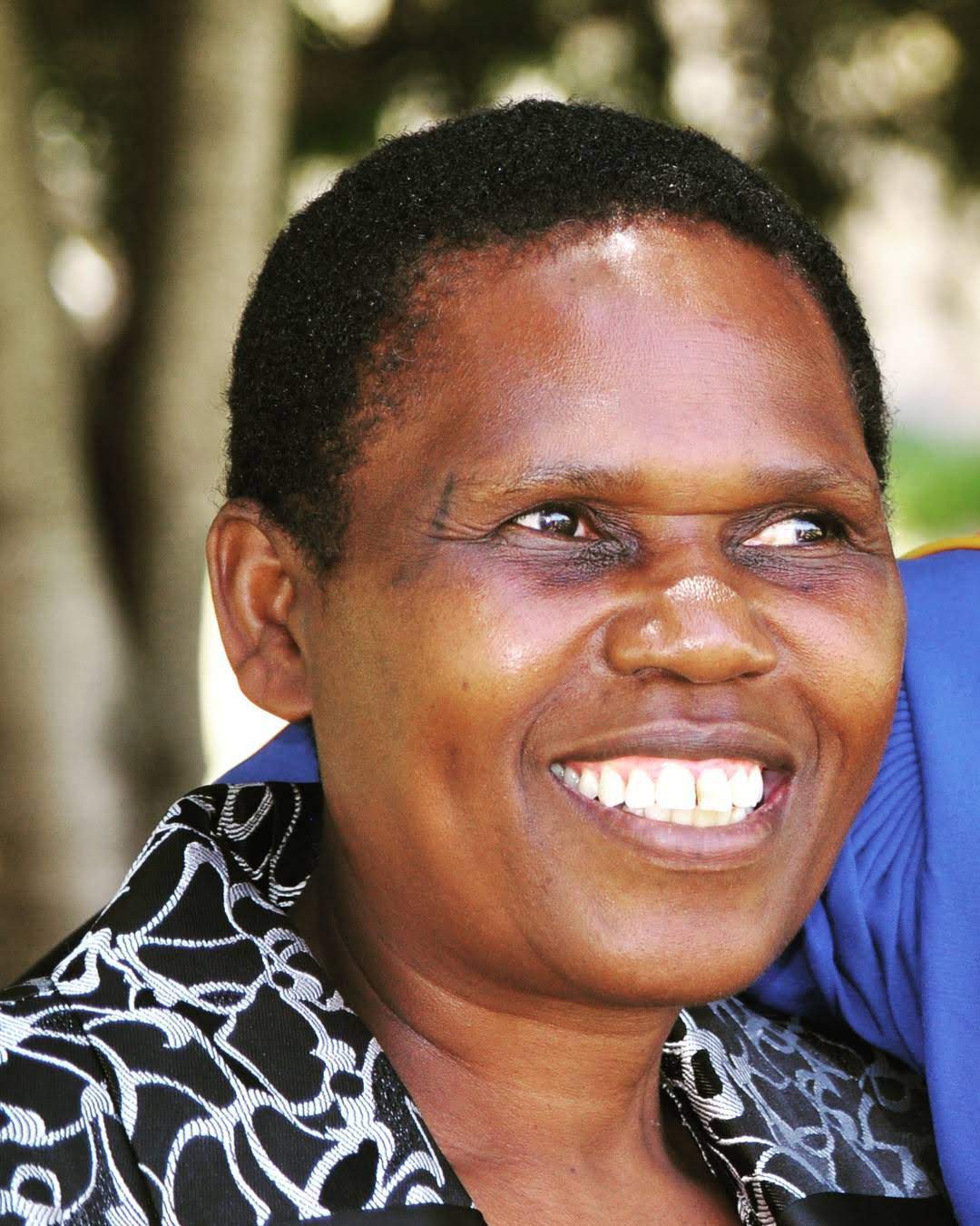By looking to the garden, we can see many lessons on diversity, including lessons about the assumptions we make about students. Learners in the classroom may be likened to vegetables in a garden. When the seedlings are still young, it is difficult to distinguish between cabbage seedlings and cauliflower or broccoli. However, given time and nurturing, the gardener will see clearly a mature head of cabbage, broccoli or cauliflower. If educators are patient, they will see the true natures of their students emerge. As Ecclesiastes 11:6 says, “In the morning sow your seed, and at evening withhold not your hand, for you do not know which will prosper, this or that, or whether both alike will be good.” Therefore, it is important for educators not to quickly judge a book by its cover. Instead, it is best to patiently sow the seeds of knowledge, watch them germinate, and nurture them as they grow, being careful to provide the nutritional needs of each at the appropriate time.
Howard Beckner’s labelling theory, often called self-fulfilling prophecy or the Pygmalion effect, says that people tend to fulfill the labels they are given. Samkange points out that this means labels can impact students either positively or negatively. If they are labelled negatively, the outcome is usually negative. Students who are labelled negatively may even accentuate their negative behaviours. As Ellen White says in Education:
Flowers do not unfold under the breath of a blighting wind. A child frequently censured for some special fault, comes to regard that fault as his peculiarity, something against which it is vain to strive. Thus are created discouragement and hopelessness, often concealed under an appearance of indifference or bravado.
On the other hand, when labelling is used positively it can work wonders as illustrated through the story of Thomas Edison’s mother (Keri’s note: link to previous article). Where Edison’s teachers saw impossibilities, his mother saw possibilities. Her positive attitude helped bring out the best from Edison’s unpromising behaviour.
This is similar to Christ’s attitude towards his disciples and his other students. When he encountered Mary Magdalene, for example, he did not label her negatively even though he was aware of her previous behavior. Instead, Christ saw her possibilities, and indeed, she ended up bring many people to believe in Christ. Ellen White points out how God sees the possibilities in each person:
[God] sees all the now unamiable traits of character in man, and He knows, if men will learn the meekness and lowliness of Christ, He can mold and fashion the combative spirit, the unamiable disposition, and bring every power of the being into working order to advance His kingdom.
Like a good gardener, who waits for a seedling to show what it will become and believes in the ability of any plant to thrive given the right support, God is patient with His people and helps them to achieve their full potential. This is our goal as educators as well: to appreciate the unique gifts of each student and encourage them to become their best selves.


1 comments
J’aimerais faire du culture maraîchère avec le choux pour un hectare dans mon village natale car les femme sont très professionnelle pour le repicage des légumes et sont très rapide et brave